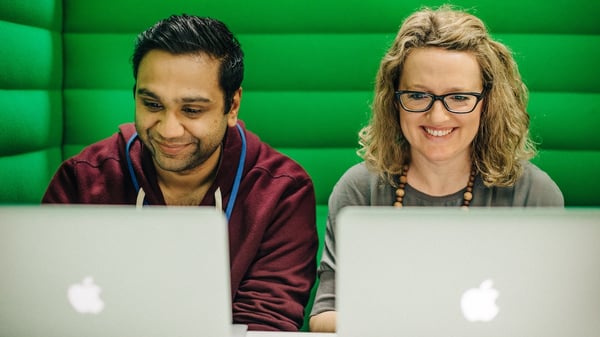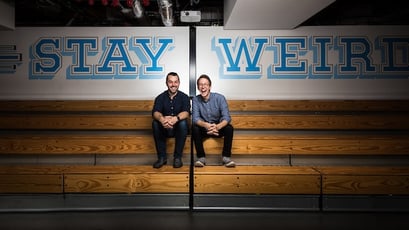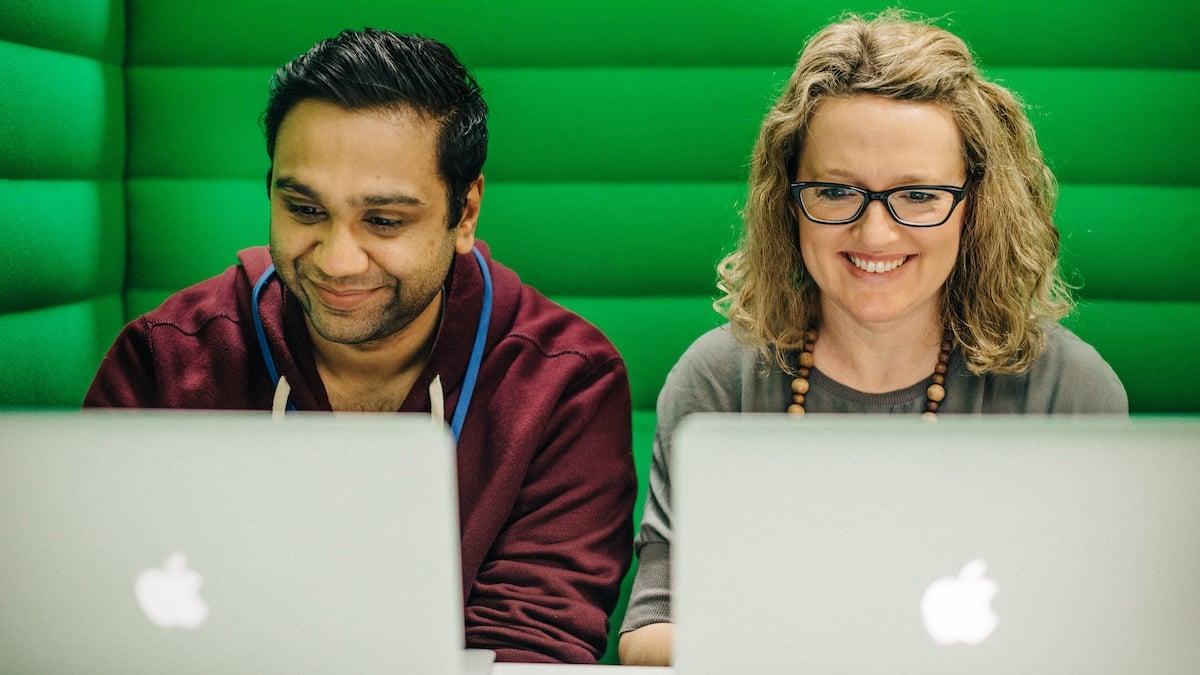
4 min read
When we hear stories about award winning companies who have amazing offices, increasing profits and happy, engaged teams, it’s easy to get a bit green with envy. As we read their success stories, we might think, “Wow, these people are so lucky.”
But are great companies and engaged workforces simply a product of luck?
Not at all.
It turns out success has little to do with luck, but people’s intentional and strategic response to the events outside their control.
1. Stop waiting for your lucky leprechaun to appear
There’s no magic wand or lucky draw when it comes to building successful companies or engaged employees.
In a study for their book “Great by Choice,” Jim Collins and Morten T. Hansen looked at the history of the luck of different companies. They defined “luck” as the events that are largely out of your control, unpredictable, and can have a significant impact. They found that both winning and average performing companies encountered essentially the same number of lucky and unlucky events.
So it’s probably not a good idea to wait around for someone else to appear and lead you to the pot of gold at the end of the rainbow — you’ve got to be ready to take the journey yourself, sometimes even on your own.
The upside is even if you are struggling to gain support or traction inside your organization, there are plenty of HR rebels who are walking the same path in their own organizations. Connect with allies and cheer each other on.

2. Avoid the HR hangover
We have plenty of great examples of what other companies are doing to move the needle on employee engagement - but don’t mistake that as an invitation to try all of them at your company. Resist the temptation to simply copy a cool idea, only to drop it because your first attempt didn’t get the attention or traction you’d hoped for. This scattered approach is a recipe for employee fatigue and a blown out budget.
The “HR hangover” happens when energetic team leaders or HR Managers are so excited they try anything and everything without taking the time to check if it’s suitable for their people or where they are in their change journey. When you lack the testing and feedback to validate your efforts, you can’t create something that’ll stick and resonate with your people. Instead of improving employee engagement, the result is disgruntled employees who are tired and distracted by all the different activities that are failing to meet their needs.
Spend your time on initiatives that work - download our Little Book of Engagement Success »
3. Be prepared for bad luck
There’s no way of avoiding “bad luck” events - someone else makes an error and throws off your project timeline; you’re pulled in to handle an emergency with a team who don’t get along with each other; or half your project budget gets assigned to something else.
Collins and Morten found the best leaders prepare for these unpredictable (and unavoidable) events by building reserves and incorporating safety margins in their plans. This can be as simple as booking earlier flights so you get to your meetings on time or making sure there’s a buffer in your timeline that accommodates late-running deliverables. Or it might mean looking at ways you run a lean operation (so you have money on hand for other things!), so you look for ways to achieve several goals using a single employee engagement platform instead of three different tools.
It also means putting in the effort to build a strong network of people throughout your company; by being able to lean on others who can help you at a pinch, you’ll be able to pivot quickly when you come across a roadblock that’s out of your control.

4. Be prepared for good luck
In their study, Collins and Morten found the best leaders are not only able to spot good-luck events but are also prepared to alter their plans to act on them. To do this well, you need to be grounded enough to see the big picture and big goal (that is, have your purpose, mission and values front of mind), and agile enough to switch or repurpose the tasks on your to-do list so you can reach that goal.
So instead of looking at your colleagues in other companies and saying, “Wow, they got really lucky,” maybe it’s time to create your own luck. You can’t control or predict everything the future has in store, but you can certainly shape it to work in your favor.

 Joy Adan
Joy Adan



